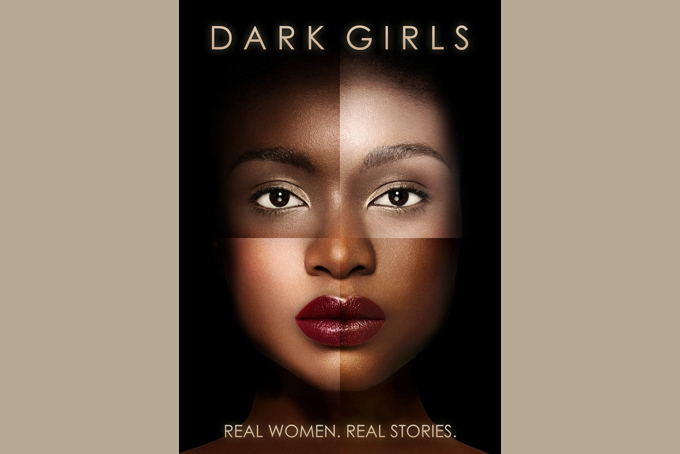
The paper bag and snow-and-blow tests are direct derivatives of the 1712 Willie Lynch Speech that taught White slave owners how to put African Americans against one another based off of weight, class, skin color, and age.
Willie Lynch’s advice to Virginia slave owners was to use our differences as a competitive separation tactic to better control slaves. Three hundred years later, society is still popularized with social trends like #teamdarkskin and #teamlightskin.
A 2012 documentary closely looks at one group of Black people whose pigmentation has been less than “fair”- Dark Girls.
On Saturday, June 21, Rights and Responsibility, an organization that uses film and other media to focus on human rights issues impacting people of African descent, held its first screenings in nearly 3 years. Dozens of spectators gathered at the Carnegie Library’s East Liberty Branch to watch the 70-minute documentary, Dark Girls.
Rights and Responsibility Executive Director, Dr. Aisha White, welcomed everyone and then introduced a powerful performance by Love Front Porch’s Vanessa German. Once the movie was over, a panel discussion, moderated by Demetria Bocella, included race relation experts like Dr. Stanley E. Denton, Associate Professor of Education at Point Park University, Dr. Beverly Goodwin, Professor of Psychology at Indiana University of Pennsylvania, and Dr. Yolanda Covington-Ward, Assistant Professor of Africana Studies, University of Pittsburgh.

The documentary, directed by D. Channsin Berry and Actor Bill Duke, has six segments: The Impact, Family, Men on Women, Women on Men, Global, and Healing. The Help star Viola Davis might be the most well-known account in Dark Girls. Davis, who is sprinkled throughout the film, gives a brief synopsis on her childhood about being dark skinned, raised in a predominantly White neighborhood and how she was too Black for her neighborhood but also, coincidentally, too Black for her “Welfare camp” also.
While Dark Girls features expert commentary from historians and psychologists, it also had distinct accounts from African American men and women. We even heard from a couple White men who like Black women. But, who we failed to hear from was- White Women. Not one White woman was featured in the documentary to give us her opinion on the Dark-skinned Black woman. I found that very interesting!

The short film made several references to Black men about how they indulge in light-skinned or White women, prefer dark skinned women, or simply did not have a preference. But the film failed to have a serious, educated rebuttal from White women. And even though light skinned women where in the documentary, it would have also been enlightening to get their feedback as well.
The behavioral dynamics between women are a huge piece of the colorism, specifically the roles non-dark girls play in the perpetuation of stigmas that shadow dark women.
Dark Girls most informative part is about family and how parents are a child’s initial reassurance and boost in understanding, development, and self-esteem.
LaQualla Davis, 30, thought Dark Girls “finally shed light to an issue within the Black community that needed to be exposed.” Davis, a dark-skinned woman, attributes her high self-esteem and confidence in her early values that were instilled by her parents. She recalls her mom always calling her “beautiful” and embracing her equally regardless of her dark skin.
3.5 STARS: Dark Girls is an ideal stepping stone to start healthy dialogue about colorism, but it is not the premiere premise or remedy to the issue. It’ll take more than a few dozen stories to solve this problem. The healing process is multi-dimensional and requires historical knowledge, self-esteem, and professional guidance in order to break the barriers of colorism for all people.
Dark Girls was released on DVD in September 2013 and is currently available on Netflix and Red Box.